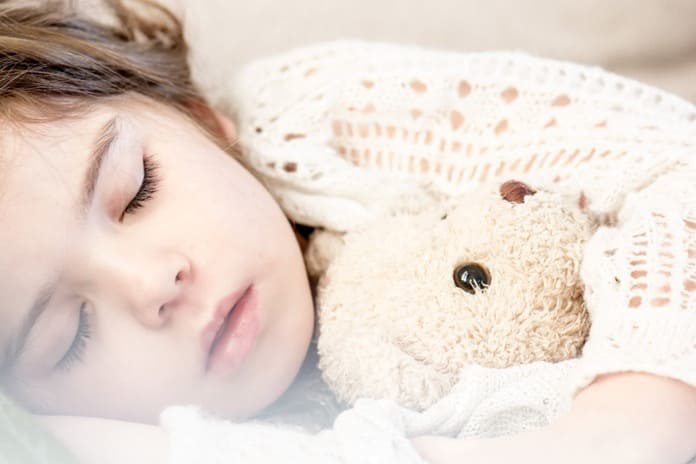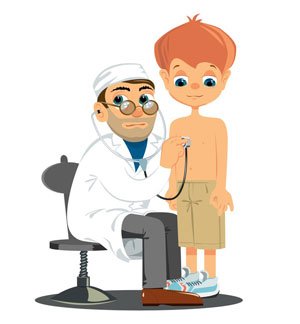Dutch researchers seek to understand whether sleep problems precede autism spectrum disorder or arise merely as a consequence.
Autism Spectrum Disorder (ASD) is a neurodevelopmental disorder characterized by mild to severe deficiencies in social communication and social interaction, accompanied by repetitive patterns of behaviour, interests, or activities. ASD affects 0.5 to 1% of children and the symptoms are typically identified between one and two years of age.
Sleep problems, such as difficulty falling asleep or nightmares, are extremely prevalent in children with ASD. Although sleep problems are common across all children in early childhood, the prevalence drops as developing children grow. However, these problems persist in individuals with ASD. The association between sleep problems and ASD is currently not well understood. Researchers aim to clarify whether sleep problems precede and worsen the behavioural outcome of ASD, or whether sleep problems are simply a consequence of the underlying disorder. In a recent study published in Molecular Autism, researchers in the Netherlands investigated the relationship between sleep problems and autistic traits and ASD in a sample of the general population.
The Generation R Study
The present research was part of a larger study called the Generation R Study. The Generation R Study recruited pregnant women living in Rotterdam, Netherlands, with an expected delivery date between April 2002 and January 2006. The women were asked if they would enrol their offspring in a large research study. In this research study, the children were followed and monitored from birth on a variety of different measures.
Of this large cohort, data on sleep measures, ASD traits, and the diagnosis was available for 5,151 children. The children’s sleep problems were measured at ages 1.5, 3, 6, and 9 years old by asking their primary caregiver to fill out a questionnaire on their sleep habits. Similarly, the children’s autistic traits were measured at 1.5, 3, and 6 years old using a questionnaire that assessed developmental problems. Lastly, all ASD diagnoses that were made in this sample were retrieved from medical records.
Sleep Problems a Result – Not a Cause – of ASD
The analysis revealed that autistic traits and a diagnosis of autism in childhood were predictive of sleep problems at later ages. No evidence was found for sleep problems predicting later autistic traits at baseline. Lastly, the results show that sleep problems in young children are relatively common. Yet, as typically developing children grow you see a reduction in severity and frequency of sleep problems. On the contrary, children with ASD show that their sleep problems actually worsen over time. The findings suggest that sleep problems do not predict autistic traits and ASD, but rather co-occur with autistic traits in early childhood. Further, the findings indicate that sleep problems are more likely a consequence of ASD and do not worsen ASD symptomatology.
Overall, the findings provide evidence to support that sleep problems are a part of ASD symptoms and do not contribute to the worsening of autistic traits. This is extremely relevant for parents who may worry that sleep problems in their young children may precede or perpetuate autistic traits or even a diagnosis of autism.
There were many strengths of the current study including the large sample size and study design. The longitudinal design allowed the researchers to examine sleep problems and autistic traits at multiple ages over a long period of time. Nevertheless, there were still some limitations including the use of questionnaires that can be subject to bias.
More Research Needed on Sleep Problems in Autism
The authors propose that future research should continue to investigate sleep problems in children with ASD. Even though this study showed that sleep problems do not directly influence autistic traits, sleep problems do negatively affect aspects of daytime functioning, such as attention processes and executive functioning. The authors speculate that sleep problems could possibly play a role in the development of the executive dysfunction that is a common symptom of children with ASD.
Written by Caitlin M. Byrne, BSc
Reference: Verhoeff, M. E., Blanken, L. M. E., Kocevska, D., Mileva-Seitz, V. R., Jaddoe V. W. V., White, T.,… Tiemeier, H. (2018). The bidirectional association between sleep problems and autisim spectrum disorder: a population-based cohort study. Molecular Autism, 9:8, DOI 10.1186/s13229-018-0194-8



